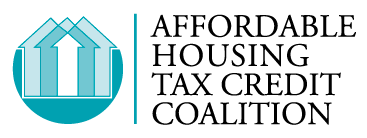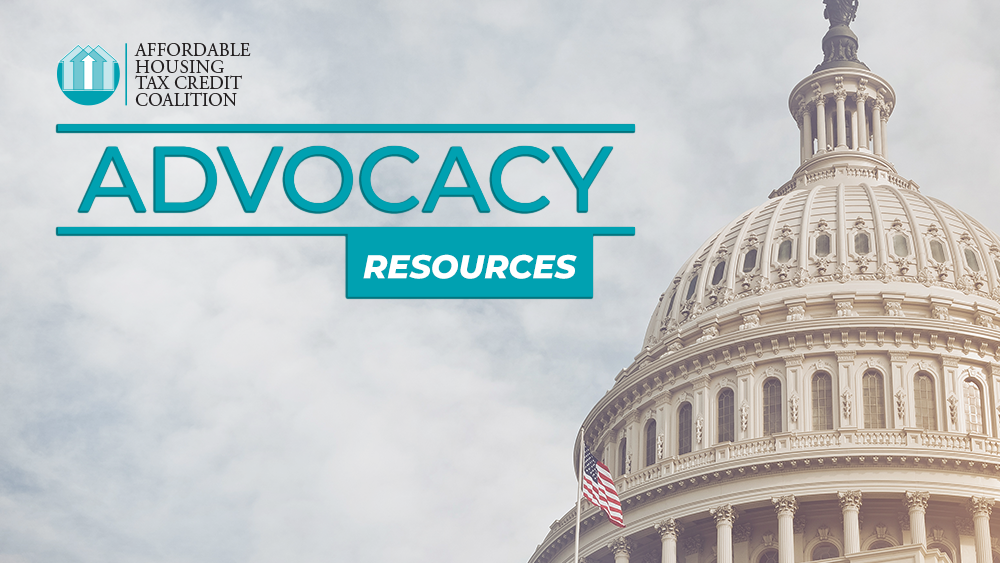AHTCC’s State Spotlight series showcases how the Housing Credit impacts particular states—and how public-private partnerships made possible by the Housing Credit lead to truly exceptional affordable housing communities.
By investing in affordable housing, North Carolina can create jobs and boost the state’s economy for the long term. Stable, affordable housing has been proven to benefit residents’ social, economic, and physical health. And it has community-wide effects as well, as residents with more disposable income can invest in local businesses and help grow the economy.
Thankfully, proven tools like the Housing Credit exist to help boost the affordable housing stock. As the main tool for creating and preserving affordable housing in North Carolina and across the country, the Housing Credit is what enabled public and private partners like Bank of America Merrill Lynch and Charlotte-Mecklenburg Housing Partnership (CMHP) to come together to create The Gables at Druid Hills II and The Dannelly at the Catawba, one of Charlotte’s newest affordable communities, which provide homes for Charlotte’s seniors. It’s also what made possible The Alexander Apartments, a multifamily apartment community with amenities that include fitness trails, an indoor fitness center, computer center, ample closet space along with a picnic and grilling area for outdoor entertaining. All three communities are minutes from downtown with access to parks, libraries, health services and public transportation.
In North Carolina, the Housing Credit has created or preserved more than 70,000 homes and supported nearly 80,000 jobs. And it’s boosted the economy as well, generating more than $7.5 billion in local income and nearly $3 billion in tax revenues to reinvest in the state.
Nationally, the Housing Credit has been incredibly successful since it was signed into law by President Reagan in 1986, creating 2.8 million homes and bringing $100 billion in private capital into communities while supporting 3 million jobs.
There is unique value in the Housing Credit being located in the tax code because there is a high degree of accountability. The federal government awards credits only after properties are built and occupied by income-eligible residents at affordable rents.
Unlike in a direct funding program, private investors – not the federal government – provide all the equity up front and bear the financial risk.
The Housing Credit is made even more efficient by state administration, which reduces federal costs substantially and ensures developments meet the local needs of North Carolina.
It represents the best of what public-private partnerships can do for our communities—leveraging private investment, creating critically needed jobs and providing quality homes for seniors to age in a place close to family and friends and opportunity for residents to improve their own lives—which is why it has always enjoyed bipartisan support.
As Congress, including Senator Burr and Representative Holding, considers tax extenders and broader reform let’s hope members also consider the power of the Housing Credit to strengthen the economy and change lives—in North Carolina and across America.



Comments are closed.